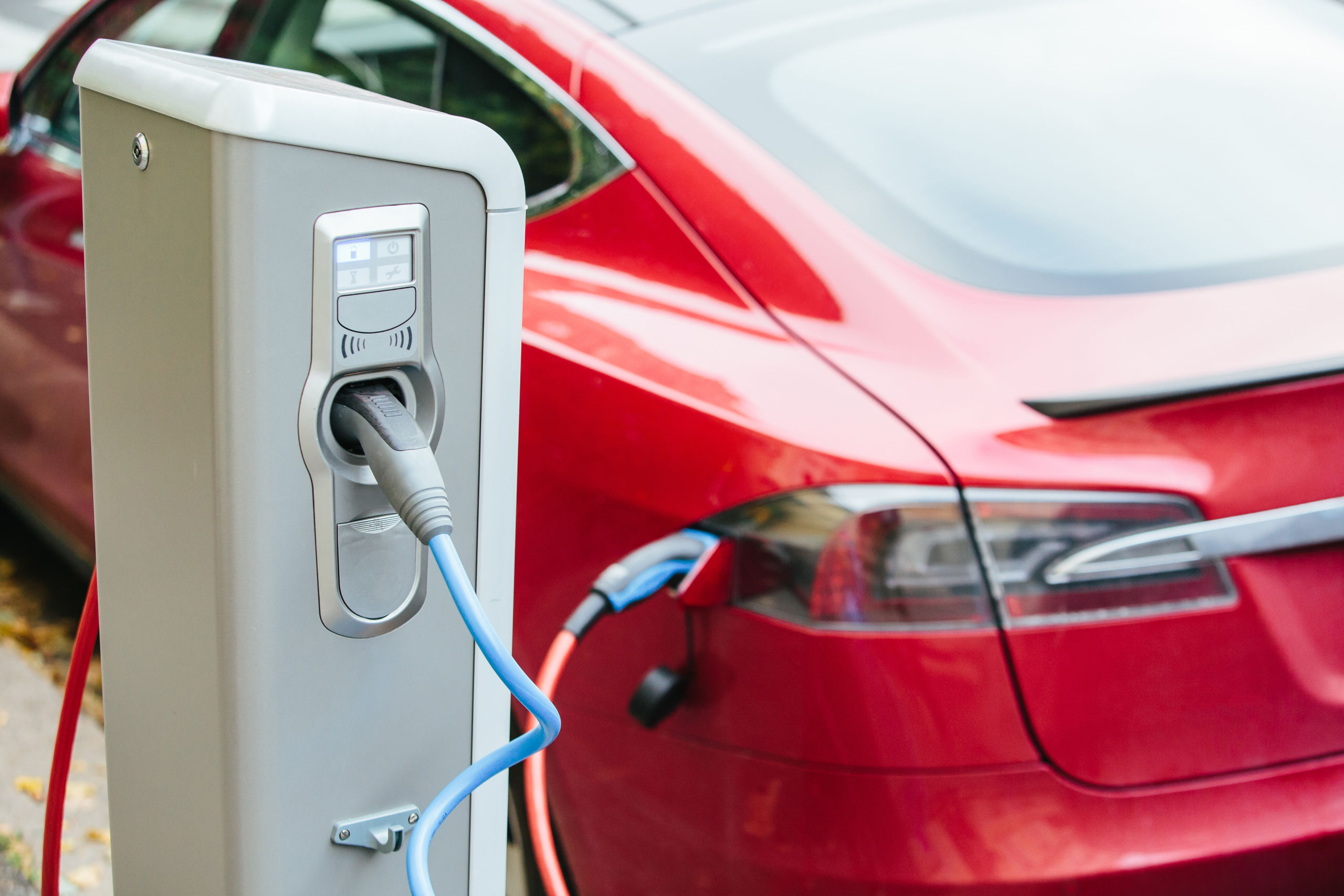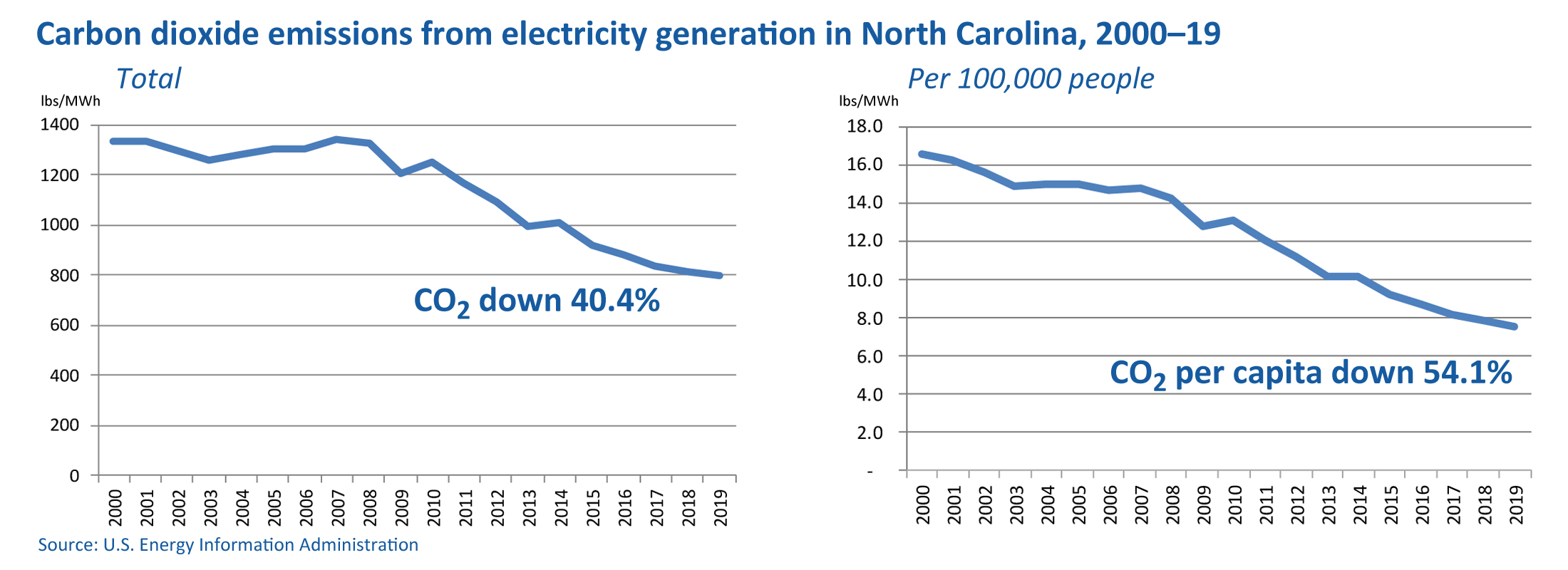 It’s been over a year since Gov. Roy Cooper publicly suggested that 80,000 more electric vehicles (EVs) in North Carolina would mitigate hurricanes.
It’s been over a year since Gov. Roy Cooper publicly suggested that 80,000 more electric vehicles (EVs) in North Carolina would mitigate hurricanes.
Incentivizing state adoption of EVs is a major portion of his Executive Order on climate change. (John Hood wrote about Cooper’s order in Carolina Journal this morning.)
First, the obvious: North Carolina can’t alter the world’s climate one bit. Nevertheless, North Carolina emissions have been falling all century long. That fact doesn’t change just because media refuse to report it.
Beyond that, research has cast serious doubt on the promise of emissions reductions from electric cars. Last year a study out of Germany found that EVs were responsible for contributing more air pollution than conventional vehicles. In late 2017 MIT research substantiated 2016 research from Norway that larger EVs contributed more lifecycle air pollution than smaller conventional vehicles.
Now, studies from the United Kingdom are finding that plug-in hybrid cars emit up to three times more carbon dioxide than their advertised figures state. The findings are similar to those from a 2018 Norwegian study of plug-in hybrids. As reported by the Daily Mail:
Hybrid cars make use of a battery-powered electric motor to support their internal combustion engine and are often touted as a green choice.
However, a series of studies have revealed that the fuel consumption rates of the hybrid vehicles are far greater in the real world than in testing conditions.
The reason for this is that hybrids — which contain an extra electric motor and battery — tend to be heavier than their petrol counterparts.
In addition, many plug-in hybrid owners are neglecting to charge their vehicles, running them on petrol alone and losing the benefits of the dual system. …
A study by fuel management firm The Miles Consultancy … found that the vehicles — produced by such manufacturers as BMW, Mercedes, Mitsubishi and Volkswagen — often returned fuel consumption figures between 2.5–3 times higher than had been advertised.
An audit of 187 regularly-charged plug-in hybrid BMWs, for example, found an average fuel economy of only 42 miles per gallon, compared to the claimed 137 miles per gallon.
Similarly, experts have found that cars with ostensible carbon dioxide (CO2) emissions of less than 50 grams per kilometre often emit three times as much under real driving conditions.
In fact, a 2018 study of plug-in hybrids by researchers in Norway concluded that ‘the average yearly estimated CO2-emission was about 2.5 times higher than the value stated in the type approval official CO2-emission test’, the Telegraph reported.
The case for EVs to curb climate emissions (let alone mitigate hurricanes) is too weak for Cooper to force. Worse, the trend of research makes them seem much more likely to have negative unintended consequences.



